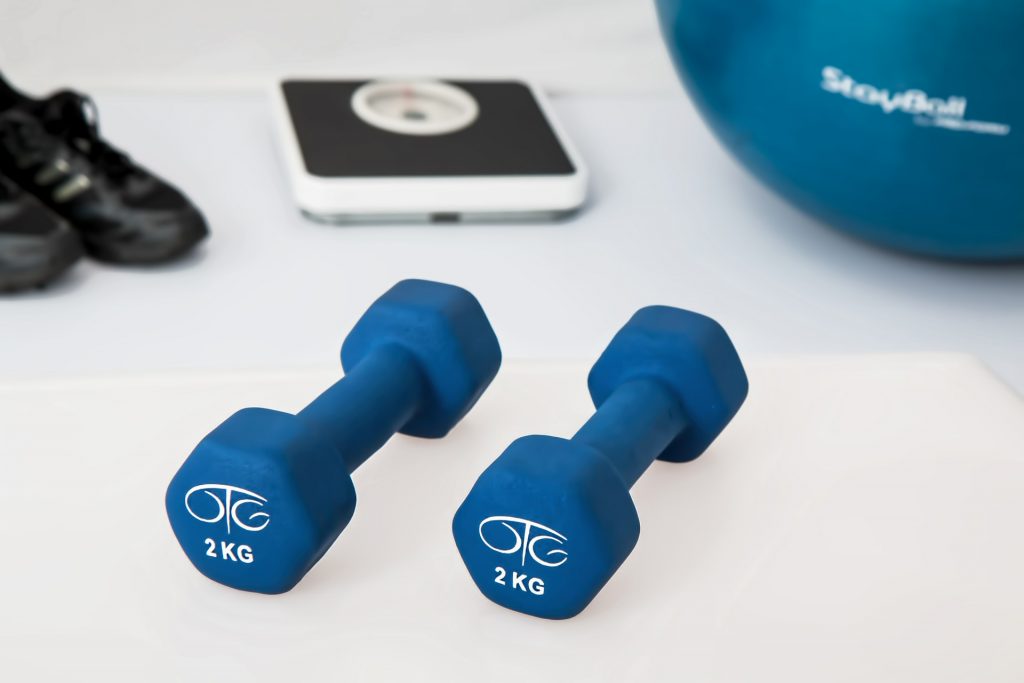With nutrition information being shared by a variety of sources such as friends, family, advertisements, websites, television and more, it can be difficult to determine which information is reliable and which is not. Consider the questions below to help determine if a product or diet claim is sound advice or not.

Does it sound too good to be true?
If it sounds too good to be true, it probably is. Be wary of any product that offers a quick fix, miraculous results, or rapid weight loss. These products are often a waste of money and may have negative health effects.
Does it offer results with minimal effort?
Adopting healthy lifestyle changes is key to long-term weight management and health. If a product offers miraculous results with very little effort, it may be ineffective or only short term.
Does it list “bad” and “good” foods?
Avoid any plan that creates lists of “good” and “bad” foods. There are no bad foods. The issue lies with eating too much of certain foods. Eating a varied diet not only provides a variety of nutrients but is also more satisfying. Being overly restrictive can make a diet difficult to maintain and may lead to binge eating. Look for plans that focus on eating reasonable portions and creating balance in your diet.
What support exists for the claim?
Be skeptical if a product or diet is supported by just one study, by research currently underway, or by no research at all. If something seems questionable, check if the claim is supported or refuted by trusted sources and organizations, such as the Academy for Nutrition and Dietetics or the American Heart Association.
Is a product being sold and a profit being made?
Think twice when a nutrition claim includes the promotion of a purchasable product. Those selling nutrition-related products often have expectations that a profit will be gained and are less concerned with providing reliable nutrition advice.
Who can you trust?
A nutrition expert
Nutrition experts are known as Registered Dietitians (RD), Registered Dietitian Nutritionists (RDN) or Licensed Dietitians (LD). These individuals have specialized degrees in nutrition, public health, or a related science and are legally required to stay current in their field. Be skeptical of the titles “nutritionist” and “diet counselor,” however, which are not regulated credentials. Anyone can call themselves a “nutritionist” without any qualifications, but they may not have the proper training and education to provide the most accurate information.
A physician or health care provider
Your family doctor can be another excellent source of information. Ask your doctor to direct you to other available resources where you can seek information, such as websites, organizations, or a recommended dietitian.
Professional organizations, academic institutions, and government organizations
Refer to websites of professional organizations (those ending in .org) that represent groups of health professionals in various fields of work. The Academy of Nutrition and Dietetics, American Heart Association, National Cancer Institute, and American Diabetes Association are just a few examples. Websites of academic institutions (those ending in .edu) or government organizations (those ending in .gov) may also provide useful health information.
The websites below may be useful in helping you find reliable health information.
- Academy of Nutrition and Dietetics: www.eatright.org
- The Mayo Clinic: www.mayoclinic.org
- Colorado State University Extension http://extension.colostate.edu
- National Institutes of Health www.nih.gov
When advice is coming from a product endorsement seen in the media- whether it is from a celebrity, doctor, satisfied customer, manufacturer, or weight-loss guru- be sure to examine the claims carefully. These people are often not nutrition professionals, and/or they have financial interests in promoting a product. If you have questions about a product, talk to an expert.
For information on identifying fraudulent health claims, see the FDA website at:
Make the extra effort to find nutrition information you can trust to protect your health and your wallet from nutrition misinformation!
Did You Know?
Americans spend billions of dollars every year on supplements, foods and devices in hopes of improving their health and fitness.


